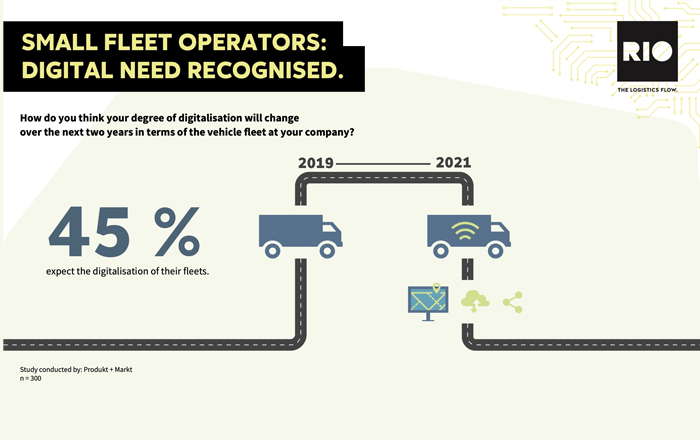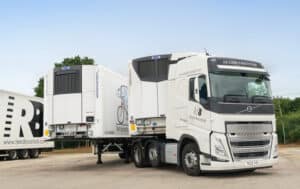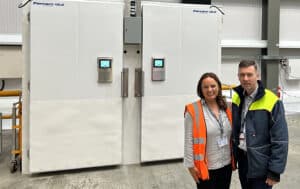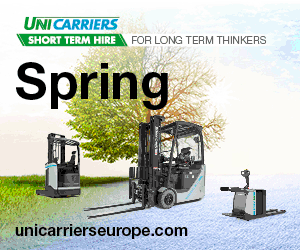The logistics sector has a digital two-class society: While large companies are making their processes and transportation ever more efficient with digital assistants, small companies are often still working with fax machines and Excel spreadsheets and are finding entry to the digital world difficult.
Nevertheless, most of them are aware of the necessity to digitalise processes. Those are the findings from a study commissioned by RIO to examine the extent of digitalisation at small companies in the logistics sector. The findings of the study will be presented on 4 June from 1.30 – 2.30 p.m at a press conference being held at the Press Center East of the Munich Exhibition Grounds during the transport logistic trade fair.
The aim of the study was to find out how digitally equipped small fleets already are and where there is still a need for digital support. The lion’s share of forwarders and haulage companies in Germany today are still to be found in the small- to medium-sized segment. There are over 45,000 transport service providers in Germany. Around 36,000 of them have a fleet with less than ten vehicles (Source: German Federal Office for Goods Transport).
“Our goal is to make it easier for companies with small fleets to enter the digital world. The RIO platform grants equal access to the digital logistics world to all participants in the transportation and delivery chain – without any complex contractual negotiations or terms. We are therefore making digitalisation more equal across our sector and reducing reluctance about using it,” says Jan Kaumanns, CEO of RIO.
Telephone interviews were conducted with 300 decision-makers at companies with fleets of up to 20 trucks between February and March 2019. The sectors selected for the interviews, with an average fleet size of seven trucks, included the manufacturing industry, commerce, forwarding and logistics, as well as skilled trades and services.
Farewell to the fax machine: Small companies need digital support Currently, just slightly more than half the fleet operators surveyed are using digital services for their vehicle fleets or transportation tasks. In many cases, phone, fax and paper documents are still being used. At the same time, these small fleet operators would welcome digital support – particularly when it comes to meeting legal requirements. It is unusual for small companies to have an employee who can devote a lot of time to the fleet’s needs.
Nevertheless, even the smallest forwarders, which don’t have their own IT department or large scheduling office, have to meet the same legal requirements as large companies and are just as liable for any breaches of them. In this target group, the digital services most frequently used are for locating trucks, providing verification during inspections, automatically downloading driver cards and options for improving driving efficiency. What the study also identified: Many fleet operators don’t know that digital offers also exist for small fleets.
Almost 20 per cent of non-users stated that they didn’t need digital services because their fleets were too small. Another 30 per cent couldn’t specify why there was no need for digital support. “We want to close this information gap. RIO hugely reduces the gap between small and very small fleets and the supposedly large providers. Digitalisation on the roads is now available for every fleet size. This is our contribution to making the digital world more democratic in the logistics sector and to improving market access for all companies involved in the logistics chain,” says RIO CEO Kaumanns.
Digital even without your own transport management system: RIO Dispatch With the new RIO Dispatch service, RIO also offers small companies, which do not yet have their own software solution, a telematics and logistics service with a transparent cost model from a single source. Users can book or cancel the service at any time and only pay for its actual use per vehicle and day. “Even for small companies, it’s very easy to start using the RIO system. We make it possible to exchange data on an equal level, even for the smallest companies, and that benefits everyone in the supply chain,” says Jan Kaumanns.
A quick glance at the fleet monitor enables employees at small companies to provide fast and accurate information on the transport status or orders. The clear display and improved data quality not only save time, they also prevent scheduling errors.











